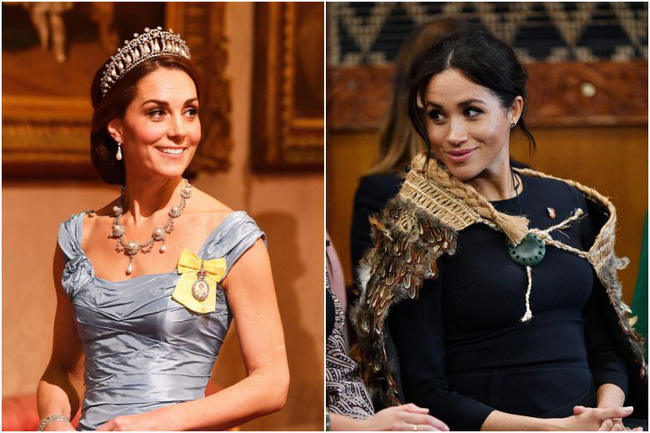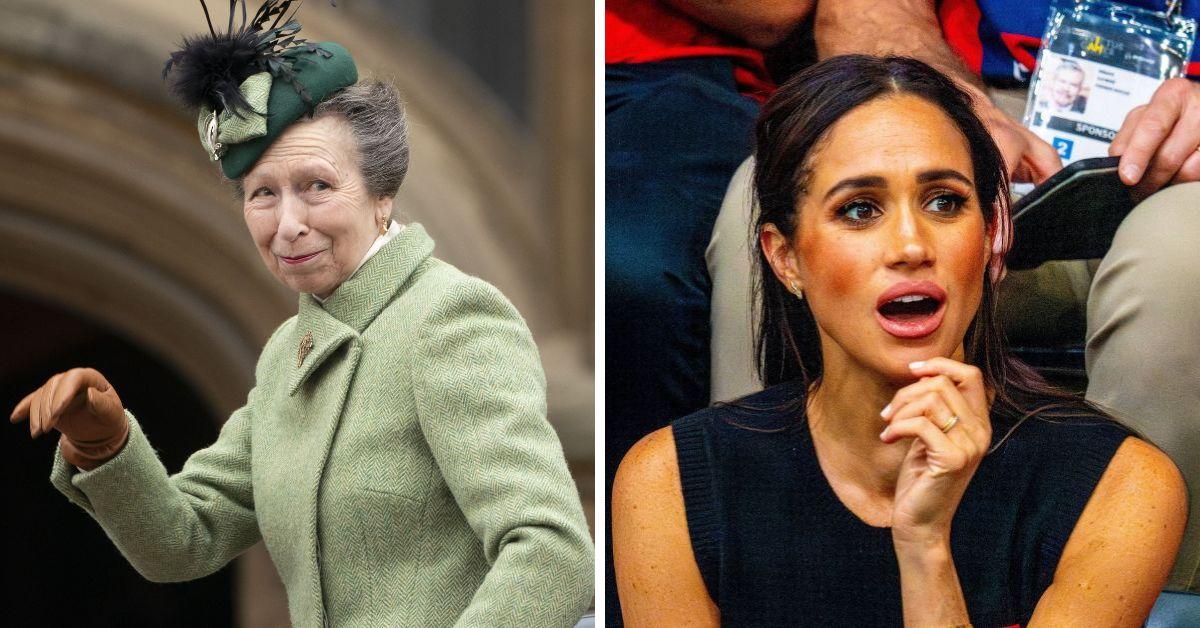
The jewels of the British royal family are not merely pieces of jewelry; they are artifacts steeped in history and emotion. Each piece tells a story, often linked to significant events and personal milestones in the lives of the royals. For Queen Elizabeth II, her jewelry collection was a reflection of her reign, filled with gifts from world leaders, family heirlooms, and pieces that symbolized her role as a monarch. The question of who inherits these jewels is not just about ownership; it’s about legacy and the values that the royal family wishes to maintain.

In a recent interview, Princess Anne spoke candidly about the royal family's decisions regarding the inheritance of the Queen's jewels. She confirmed that Meghan Markle, the Duchess of Sussex, was never intended to receive some of the most prized pieces from the late monarch's collection. This statement has raised eyebrows and ignited discussions about the underlying reasons for such a decision.
According to reports, the decision was largely based on trust and loyalty—qualities that the royal family holds in high regard. Princess Anne's comments suggest that the Queen may have felt more comfortable passing her treasured pieces to those she believed would honor the legacy they represent. This revelation highlights the importance of familial bonds and the expectations that come with royal life.
The implications of Princess Anne's revelation are profound. Royal traditions have long dictated who inherits what, often based on hierarchy and proximity to the throne. However, this situation introduces a new dimension, suggesting that personal relationships and loyalty may weigh heavily in such decisions.
The message sent by this decision is clear: not all members of the royal family are viewed equally when it comes to legacy. The Queen's decision, as implied by Anne, reflects a nuanced understanding of loyalty and trust, challenging the notion of automatic inheritance based solely on family ties.

As the royal family navigates the complexities of modernity, questions about inheritance and tradition will continue to arise. With the changing dynamics of the monarchy and the increasing influence of public opinion, the royal family may need to adapt its approach to these matters. The revelation about Meghan Markle's exclusion from inheriting the Queen's jewels could set a precedent for future decisions regarding royal inheritance.
Moreover, this situation raises questions about how the royal family will manage its image and relationships with the public. The jewels, symbols of royal authority, may now carry additional weight as they represent not just a lineage but also the values and trust that underpin the monarchy.

